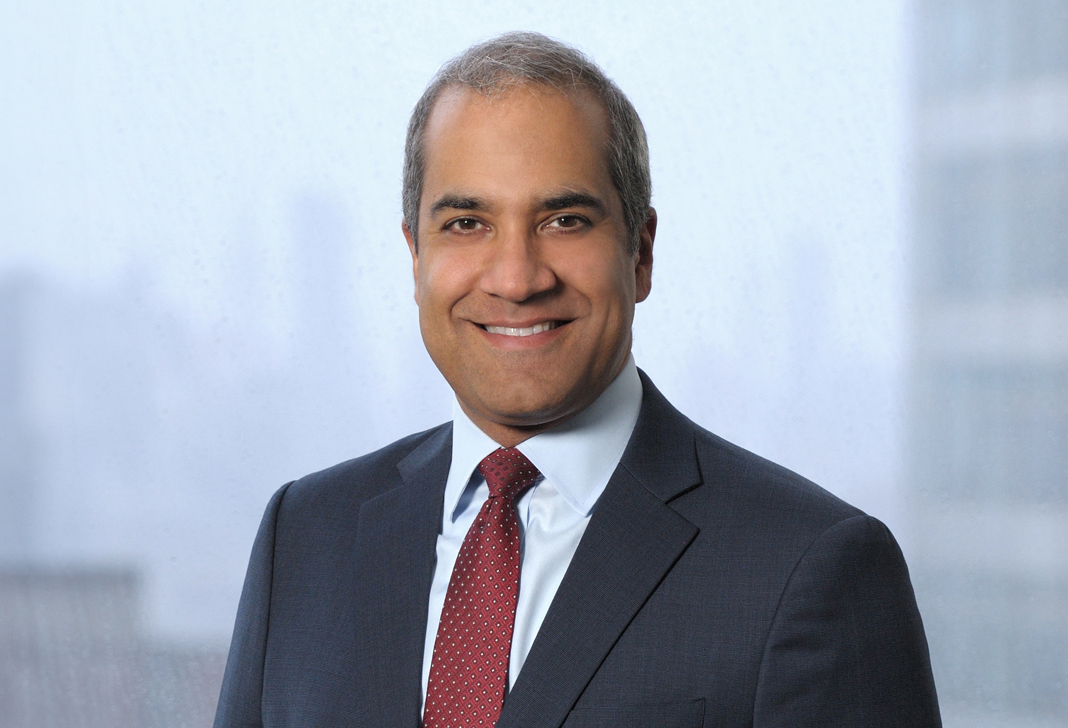Supreme Court Dismisses Important Securities Case on Issue Likely to Arise Again
On June 18, 2018, the U.S. Supreme Court dismissed Leidos v. Indiana Public Retirement System, a securities case that raised important and unsettled issues about the scope of liability under Section 10(b) of the Securities Exchange Act of 1934 and SEC Rule 10b-5. The parties in Leidos settled their dispute. The question presented by Leidos is sure to arise again, however, and the Justices have already signaled their interest in it.
The Court granted certiorari in Leidos to resolve whether Item 303 of SEC Regulation S-K creates a duty to disclose that is actionable under Section 10(b) and Rule 10b-5—in other words, whether private plaintiffs may enforce Item 303 (and, possibly, the rest of Regulation S-K and other SEC disclosure regulations too) through those provisions. Item 303 requires public companies to make a host of disclosures in certain public filings, such as quarterly and annual reports. These mandated disclosures include, notably, "any known trends or uncertainties that have had or that the registrant reasonably expects will have a material favorable or unfavorable impact on net sales or revenues or income from continuing operations." This disclosure requirement is intentionally loose in order to capture new trends and developments without need to amend the regulation. But its flexibility makes compliance challenging, even according to the SEC.
On behalf of the Business Roundtable, Jones Day filed an amicus brief in Leidos arguing that Item 303 should not be enforceable through Section 10(b) and Rule 10b-5. Private plaintiffs may file suit under those provisions only through an implied private right of action. In other contexts, the Supreme Court has emphasized that the scope of implied rights of action should reflect the implications of eliminating prosecutorial discretion—because private plaintiffs can (and will) file lawsuits when the government would not. Jones Day's brief argued that this important principle should weigh heavily against permitting private enforcement of Item 303, given the downsides of overeager enforcement of the regulation's vague, open-ended standards.
With Leidos dismissed, however, private suits enforcing Item 303 remain possible in the lower courts—and likely an attractive target for potential plaintiffs. The issue is thus likely to return to the Supreme Court soon.
Lawyer Contacts
For more information, please contact your principal Jones Day representative or the lawyers below. General email messages may be sent using our "Contact Us" form, which can be found at www.jonesday.com/contactus/.
Rajeev Muttreja
New York
+1.212.326.8367
rmuttreja@jonesday.com
Henry Klehm III
New York
+1.212.326.3706
hklehm@jonesday.com
Sarah L. Levine
Washington
+1.202.879.3883
sllevine@jonesday.com
Jayant W. Tambe
New York
+1.212.326.3604
jtambe@jonesday.com
Jones Day publications should not be construed as legal advice on any specific facts or circumstances. The contents are intended for general information purposes only and may not be quoted or referred to in any other publication or proceeding without the prior written consent of the Firm, to be given or withheld at our discretion. To request reprint permission for any of our publications, please use our "Contact Us" form, which can be found on our website at www.jonesday.com. The mailing of this publication is not intended to create, and receipt of it does not constitute, an attorney-client relationship. The views set forth herein are the personal views of the authors and do not necessarily reflect those of the Firm.





